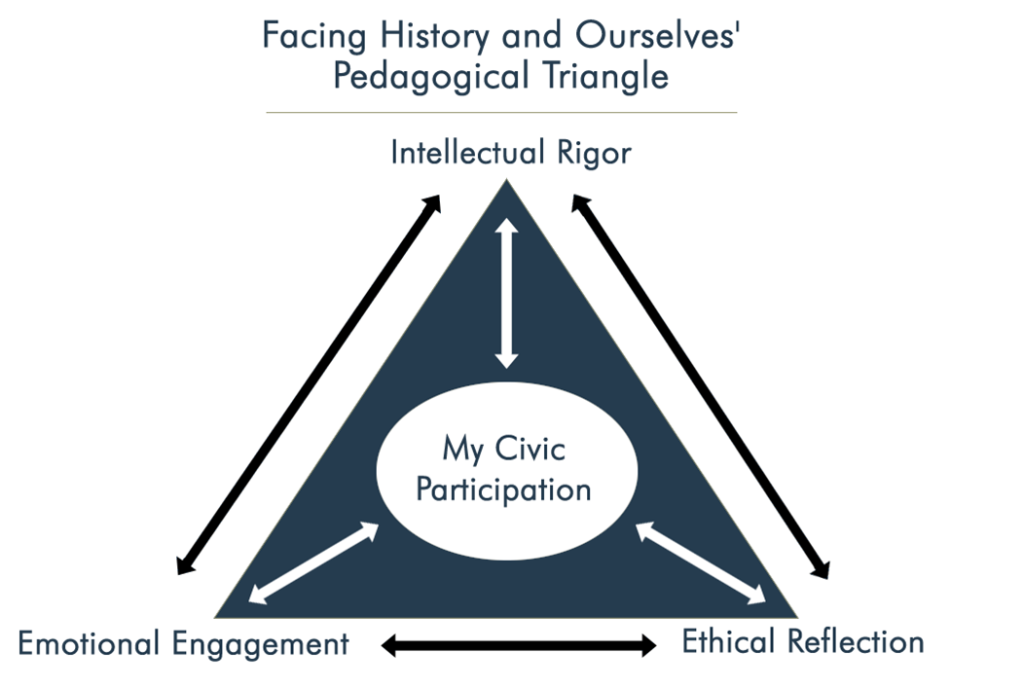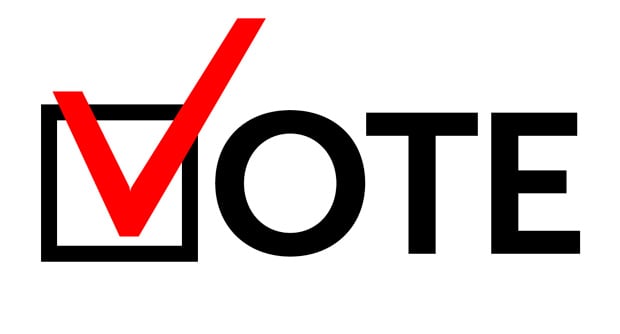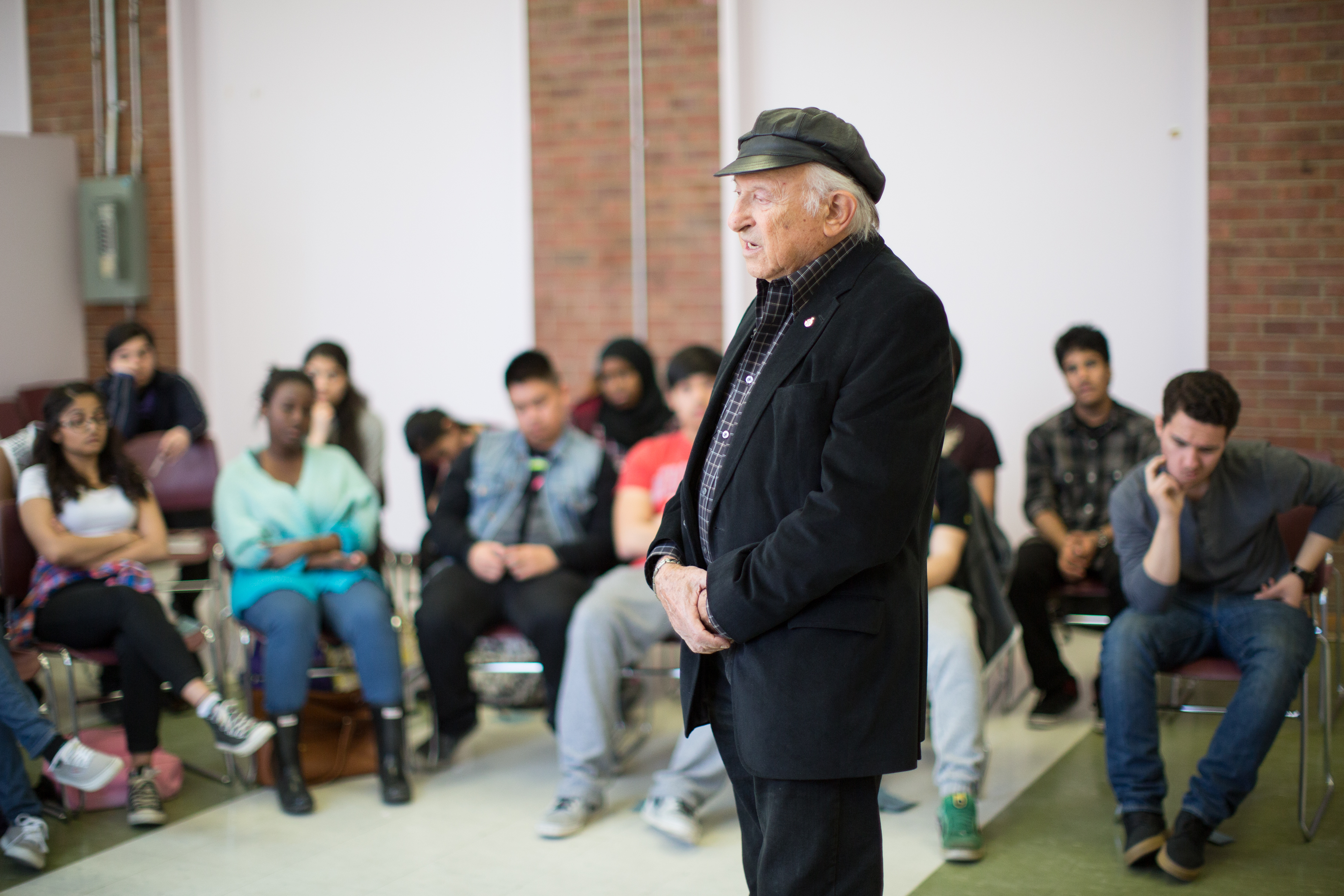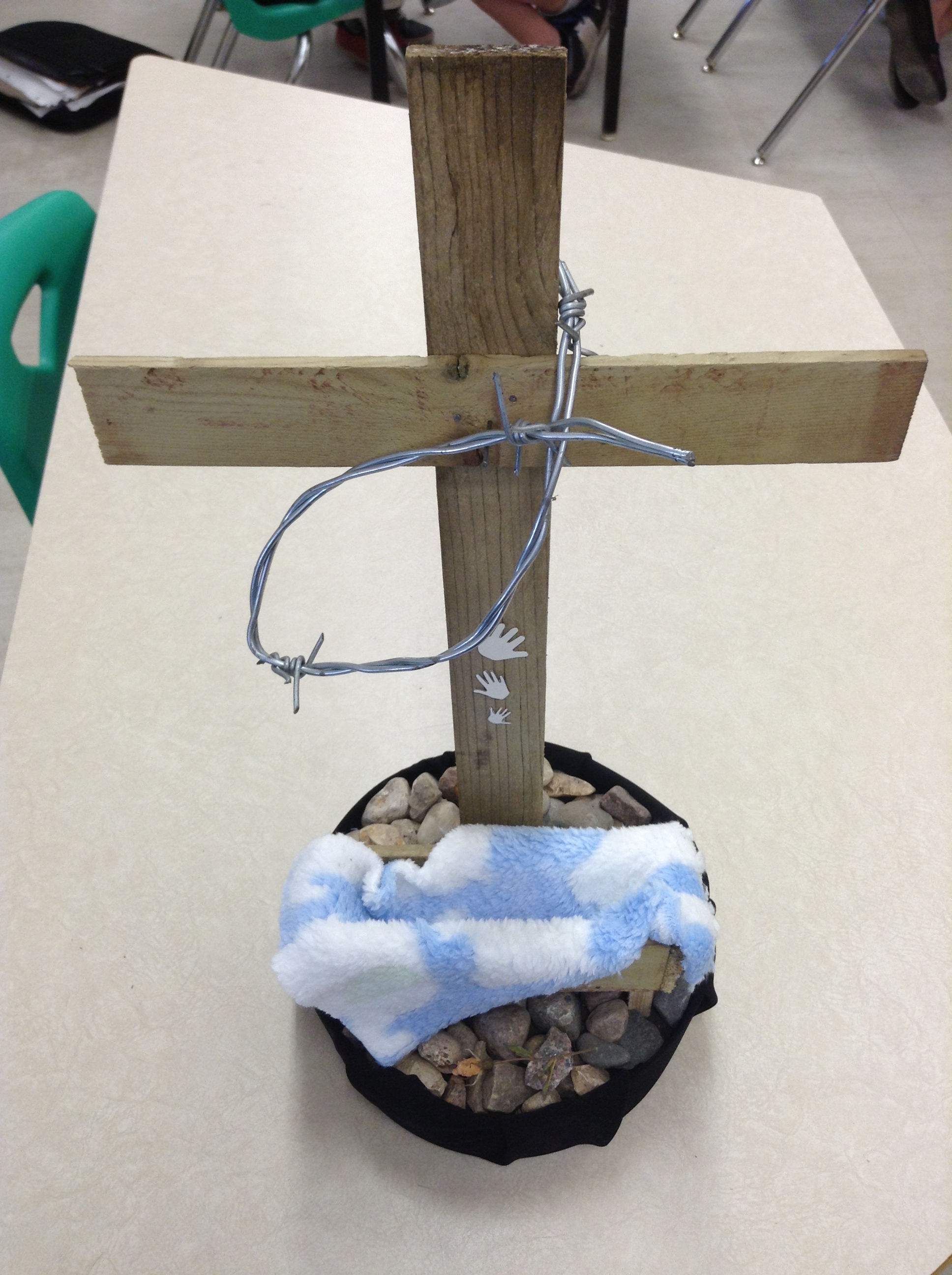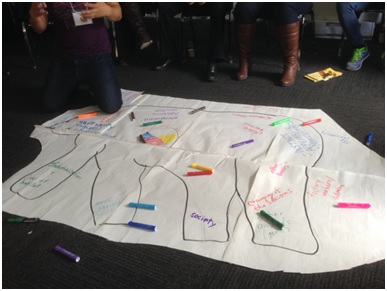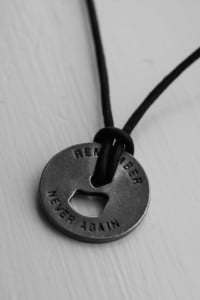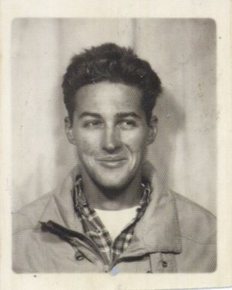Remembrance is an act of humanity and it is about humanity. At Facing History and Ourselves, we often ask ourselves, How do we help students (and ourselves) to remember more than names, dates, and battles? How do we help students to connect to the humanity: the people behind the names, the lives, ideas, and cultures lost, and the legacies that extend beyond the signing of a treaty that signals the end of war?
5 Remembrance Day Lesson Ideas That Deepen Student Learning
Posted by Jasmine Wong on November 9, 2014
Topics: Facing History Together, Facing History and Ourselves, History, Canada, Memorial, Middle School, Lesson Ideas, Literature
Many of the kids I teach at Nelson Mandela Park Public School at Regent Park in Toronto have emigrated from nations in which government corruption is rampant, the electoral system is compromised, and simply trying to exercise a right to vote can lead to threats, attacks, or even murder.
Topics: Choosing to Participate, Canada, Urban Education, Lesson Ideas
“Ms. Payne, we are so privileged to witness these survivors’ stories. We must do something with this knowledge.”
Such a mature and poignant statement. This is what we want from all of our students: Not to be passive listeners, but to contemplate and then choose to participate.
Topics: Choosing to Participate, Strategies, Genocide and Crimes Against Humanities Course, Lesson Ideas, Inside a Genocide Classroom
Memorializing the Armenian genocide.
I have always been fascinated by the creation of – and purpose behind – memorials and monuments. I can appreciate the level of thought and detail that goes into each and every design.
Topics: Art, Facing History Resources, Memorial, Genocide and Crimes Against Humanities Course, Lesson Ideas
Help Students Think Deeply About the Roles They Play and the Choices They Make
Posted by Ben Gross on August 12, 2014
As a high school teacher, one of the most common things that I hear when walking through the hallways is the refrain of students dishing out advice to their friends: “If that happened to me, I would’ve done/said _______.”
When I hear it, my first reaction is to wonder if there is truth in the advice. And if there is, how much?
Topics: Choosing to Participate, Identity, History, Strategies, Genocide and Crimes Against Humanities Course, Lesson Ideas
Note-taking is an important learning strategy that can help prepare students to participate in a discussion or begin a writing activity. Notes can be used to recognize students’ misconceptions and questions, and to evaluate students’ understanding of material.
As educators, we all too often do not teach our students effective note-taking strategies, assuming instead that this skill is something that they will learn to do intuitively.
Topics: History, Innovative Classrooms, Technology, Metacognitive startegies, Strategies, Lesson Ideas, English Classroom
Earlier this year I had the honour of presenting a workshop at the Elementary Teachers of Toronto LGBTQI Teacher Conference at Ryerson University. I described the workshop as:
An interactive, participatory drama and movement workshop using the text “The Bear That Wasn’t” to explore our struggles with identity, how our identities are shaped by others and societal expectations and our battle to find our true selves.
Topics: Professional Development, Identity, Middle School, Strategies, Lesson Ideas
I wear a pendant around my neck. It’s about the size of a quarter and it has the silhouette of a solitary candle carved out of the middle. Written around the candle are the words Remember and Never Again. It’s a simple, yet powerful design. A student, noticing this, asked me why I often wore it and what it meant. Instead of answering the question directly, I turned it back to her. I told her that a friend of mine had bought it for me at the United States Holocaust Memorial Museum in Washington D.C. and I asked her why we study the Holocaust. Why do we need to remember?
Topics: Art, Facing History Resources, History, Memorial, Strategies, Genocide and Crimes Against Humanities Course, Lesson Ideas, CHG
Finding Hope: How One Student Woke Me Up To Why I Teach Genocide Studies
Posted by Lanny Cedrone on April 10, 2014
“Sir, it keeps happening again and again. We don’t learn. I don’t think we’re going to get better. There doesn’t seem to be much hope.”
Three years ago a grade 12 student said this to me in my West and the World class. Every so often it echoes in my head. She was doing a research paper on Rwanda and the United Nations, and had done a significant amount of reading on the topic and she was passionately upset about how the world had allowed the Rwandan Genocide to happen.
Topics: Innovative Classrooms, genocide, Genocide and Crimes Against Humanities Course, Lesson Ideas, CHG, Inside a Genocide Classroom, Social Justice, reflection
Journaling in a Facing History Classroom: Finding Wisdom in Student Voices
Posted by Nathan Tidridge on March 18, 2014
I started journaling when I was a boy canoeing the waters surrounding my family cottage in Muskoka. My journals were filled with maps of all the places I “discov
ered” during my summers up north. As the years went by and I entered high school, the journal’s pages of maps became dotted with anecdotes from my life beyond that lake. It was around this time that I found a copy of The Journey is the Destination: The Journals of Dan Eldon at a local bookstore.
Topics: Identity, History, Memorial, We and They, Strategies, Genocide and Crimes Against Humanities Course, Lesson Ideas, English Classroom, CHG, Personal history, reflection

